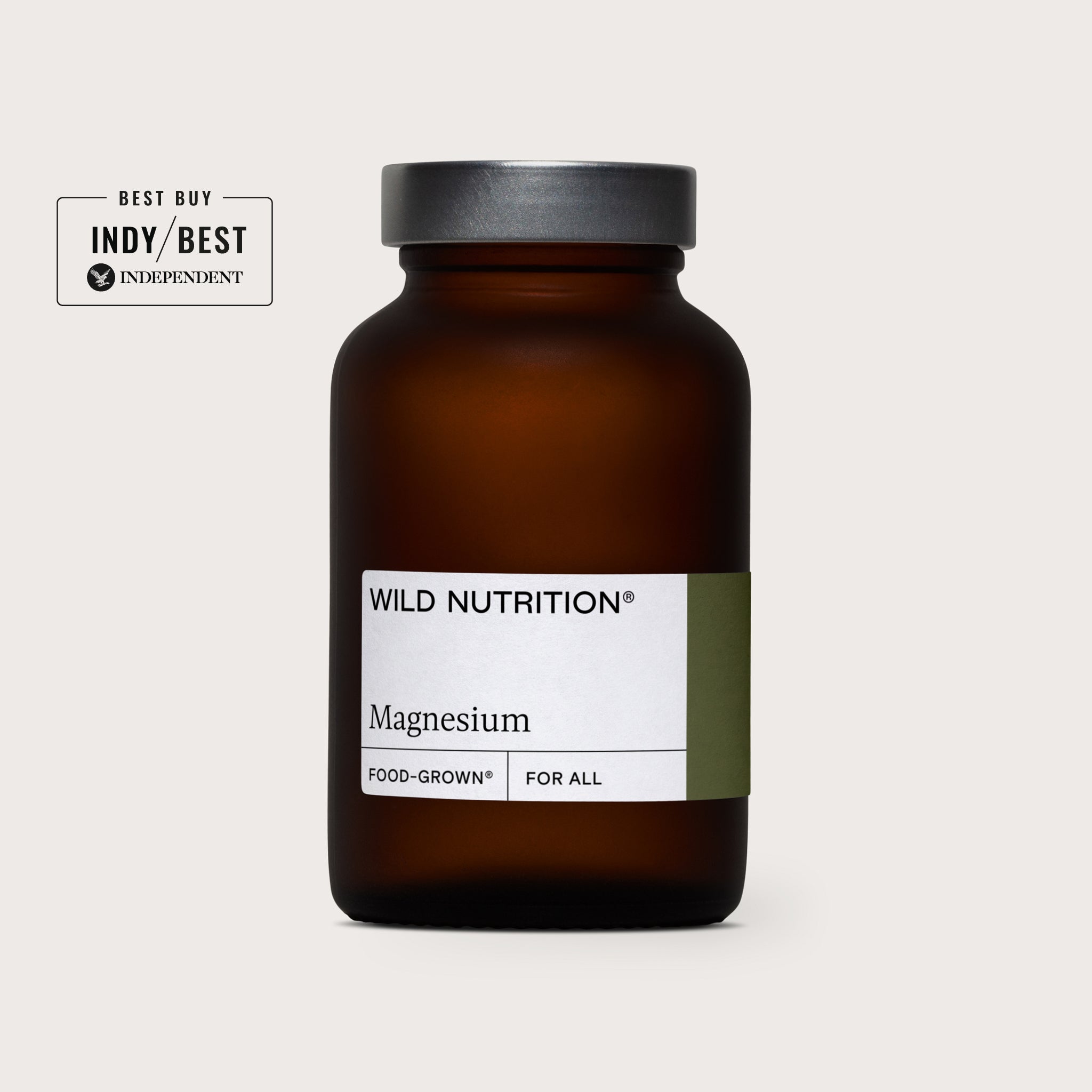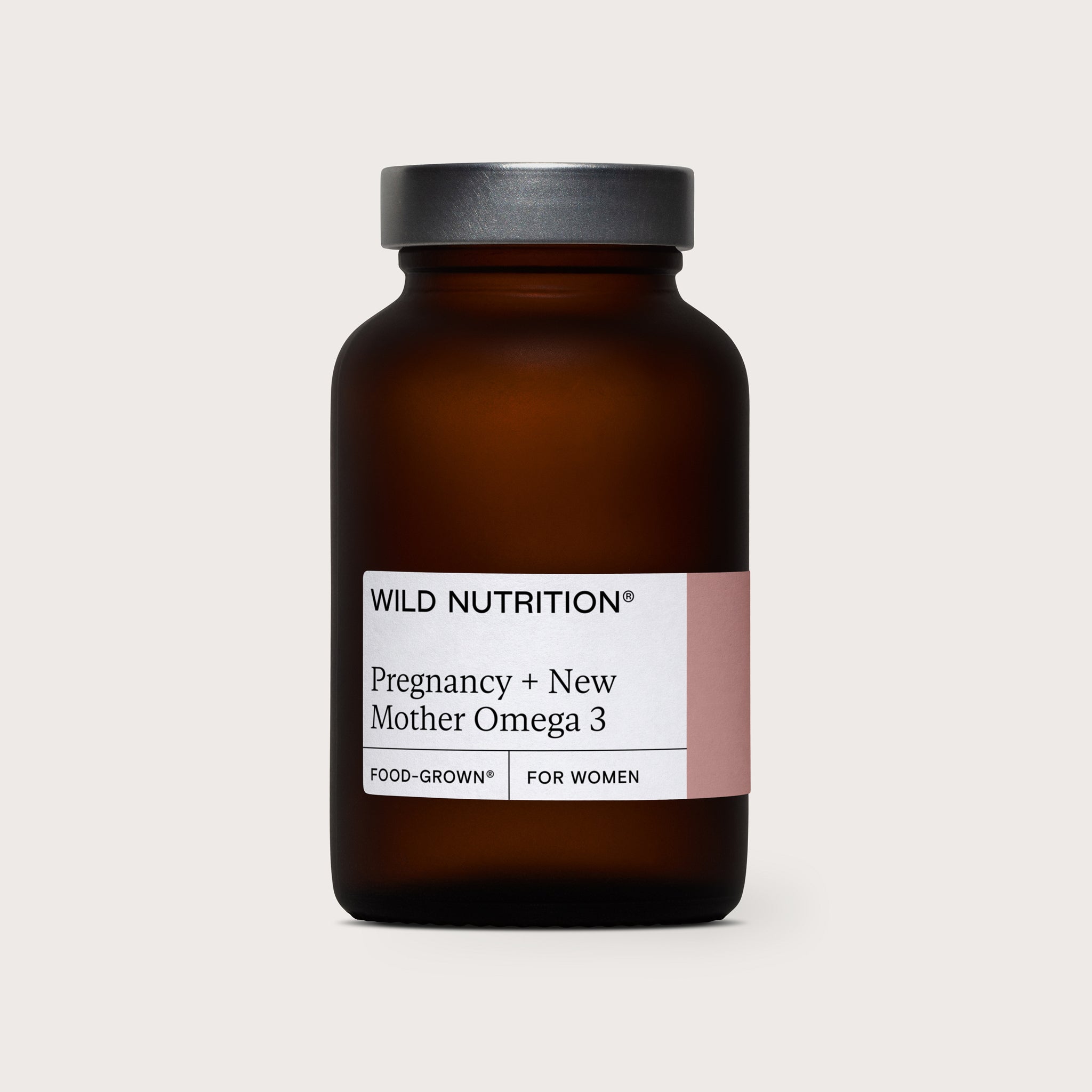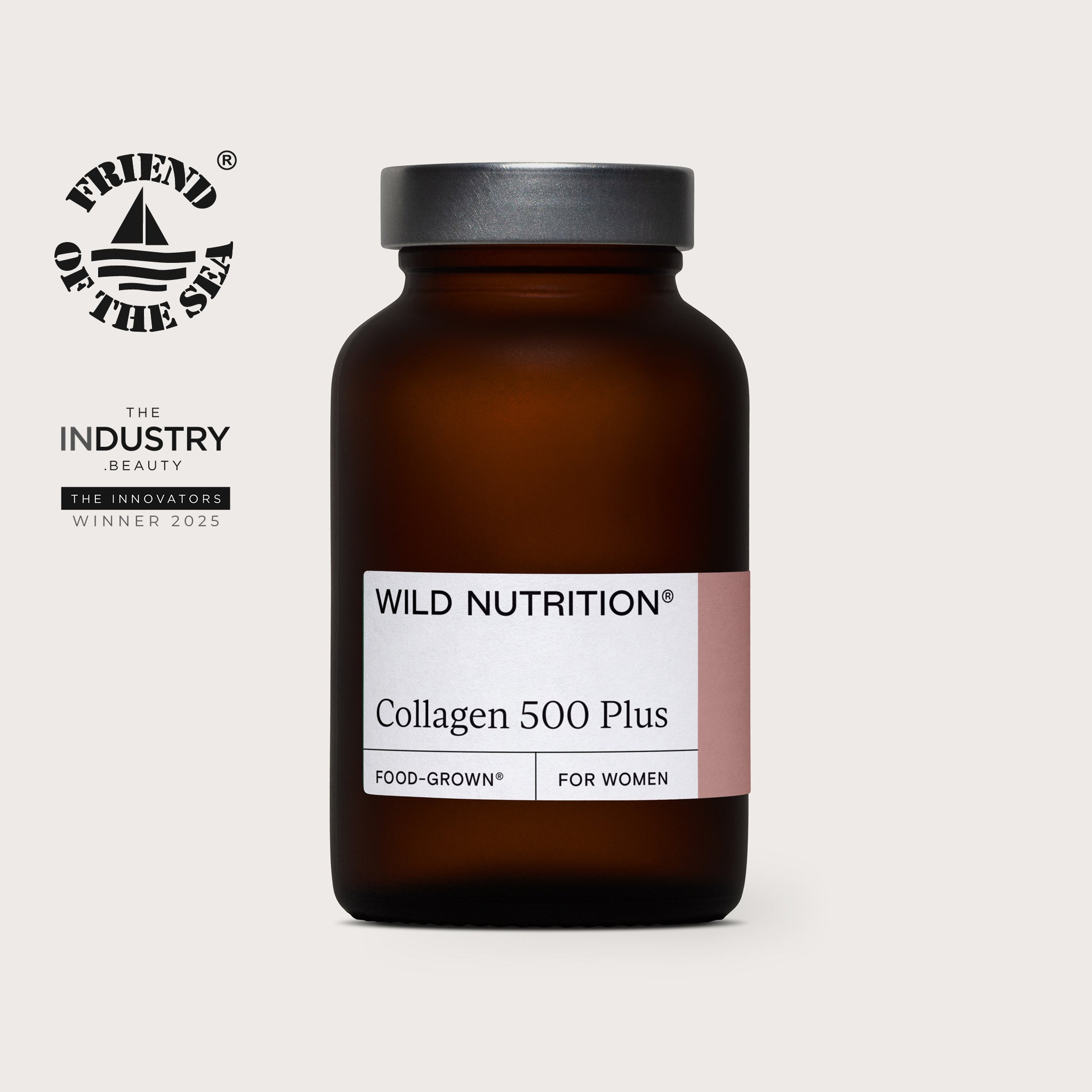
How to optimise your defences against the seasonal sniffles
As we move into the colder and wetter months, we begin to notice the familiar coughing and sneezing around us. Sometimes it can be difficult to completely avoid infection, but it's how quickly you recover that matters to avoid having to take extended bed rest! So how can you get you immune system fighting fit?
Take action before you get sick:
Typically many of us 'react' to illness - meaning we only give our immune system the attention it deserves when we actually start to feel unwell. This approach isn't always effective, as building up good levels of nutrients in the body, doesn't happen overnight.
Not all of us are able to access a balanced and varied diet each day, so it can take time to deposit good investments into your immune 'bank account'.
What should we be eating in advance?
- Green Vegetables and a wide selection of colourful fruit and vegetables. Treat the '5 a day rule' as a minimum.
- Healthy fats such as avocados, olive oil, oily fish, nuts and seeds.
- Protein in the form of: Non-processed meat, fish, sugar free full fat yoghurt, lentils, beans, nuts and seeds.
- Starchy carbohydrates from 'whole grain' sources such as brown rice, oats, rye, wholegrain wheat, buckwheat and quinoa.
Key Supplements:
The sunshine vitamin - Vitamin D: levels should be built up to get you through winter. Not everyone will have had a decent length of summer sun exposure and we can only get around 10% of our required intake from food. We'd recommend boost your levels between November - March in particular.
The Mighty Mineral - Zinc: It's a clever mineral, research has shown it to optimise the immune system via it's ability to increase white blood cells, which your body needs to fight infection. It is found in varying foods but it is a mineral which people are commonly low in. Zinc can be supplemented alone or as one of the 'hero' ingredients in our Immune Support Complex.
Stronger for longer - Vitamin C: Vitamin C found in fruit and vegetables are by far the best sources. However, Vitamin C must be consistently topped up as it cannot be manufactured by the body when there is need to support healing and defence. Research has shown that food sources of vitamin C (when supplemented) have been found to be better retained by the body for longer, in comparison to synthetic versions.












